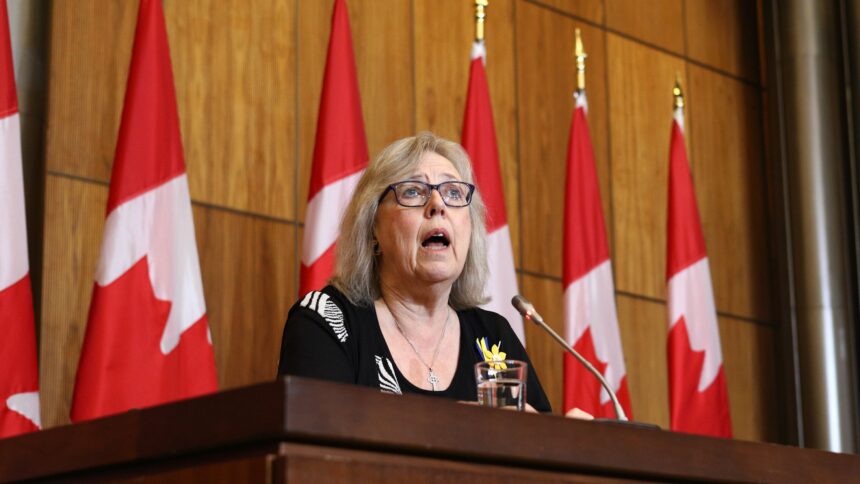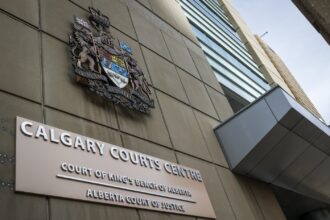Leaders’ Tours and Party Promises
The Canadian political landscape is heating up as party leaders crisscross the country, unveiling ambitious platforms and responding to international developments that could reshape North American relations. With election season in full swing, voters are witnessing an unprecedented wave of policy promises alongside growing concerns about misinformation threatening the integrity of the democratic process.
Green Party’s Complaint on Misinformation
The Green Party filed a formal complaint with Elections Canada yesterday, alleging a coordinated misinformation campaign targeting their environmental policies. Party leader Elizabeth May described the situation as “a deliberate attempt to mislead Canadians about our carbon pricing strategy” during her campaign stop in Halifax. The complaint cites multiple social media accounts spreading doctored policy documents that falsely attribute extreme positions to the party’s climate platform.
“When fabricated content circulates unchecked, it undermines the foundation of informed voting,” May told reporters. “We’re seeing sophisticated attempts to distort our message in ways that weren’t possible in previous election cycles.”
NDP’s Economic Platform
Meanwhile, the NDP unveiled its comprehensive economic platform in Winnipeg, with leader Jagmeet Singh promising significant investments in affordable housing and universal pharmacare. “Canadians shouldn’t have to choose between filling their prescriptions and paying their rent,” Singh emphasized, outlining a $14 billion funding commitment over four years. The announcement comes as polling indicates cost-of-living concerns remain the top issue for voters across all demographics.
Healthcare: A Key Battleground
Political analysts at CO24 Politics note that healthcare spending has emerged as a central battleground, with each party attempting to position itself as the true defender of Canada’s healthcare system. Conservative leader Pierre Poilievre criticized the current government’s handling of healthcare transfers to provinces during a rally in Quebec City, promising a new funding formula that would “restore provincial autonomy while ensuring accountability.”
Responses to International Developments
Prime Minister Justin Trudeau, campaigning in British Columbia, responded to former U.S. President Donald Trump’s recent comments about potentially renegotiating the CUSMA trade agreement if he returns to office. “Canada has always been and will always be prepared to stand up for our economic interests,” Trudeau stated, though experts at CO24 Business suggest this development could introduce significant uncertainty into Canada’s export-dependent sectors.
The intersection of domestic policy and international relations is becoming increasingly evident as candidates respond to global developments. A comprehensive analysis by the Canadian Institute for International Affairs indicates that foreign policy positions, particularly regarding trade relationships and climate commitments, could have substantial implications for Canada’s economic outlook over the next decade.
Combatting Misinformation
Electoral officials have announced enhanced measures to combat misinformation, including a rapid response team tasked with addressing false claims about voting procedures. “The integrity of our electoral process depends on voters having access to accurate information,” Chief Electoral Officer Stéphane Perrault said in a statement released through CO24 News.
As Canadians prepare to cast their ballots, questions remain about how effectively parties can communicate their platforms amidst an increasingly complex and sometimes misleading information environment. Will voters be able to distinguish between authentic policy positions and manipulated content in what some are calling the most digitally influenced Canadian election to date?














